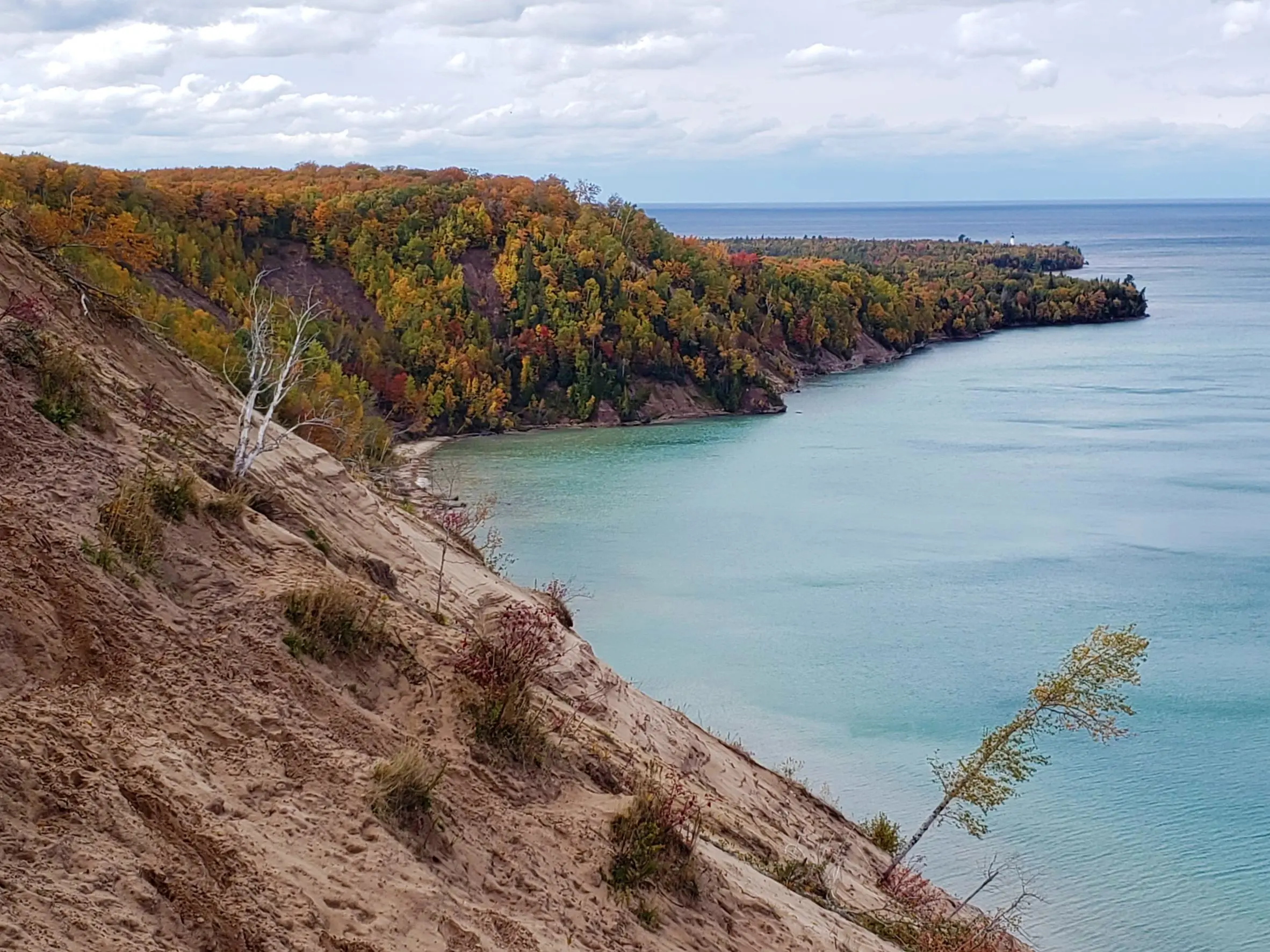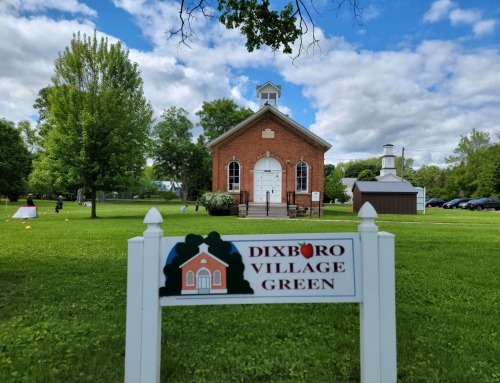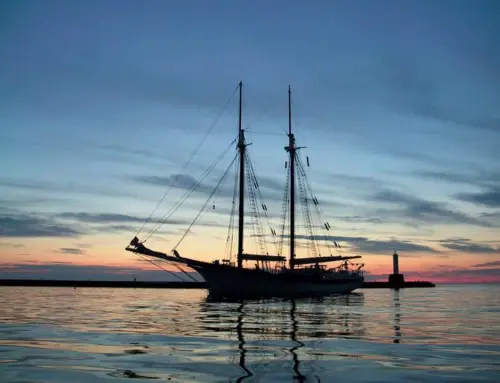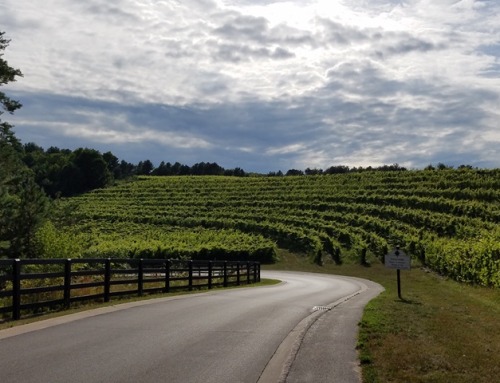One of our nation’s greatest treasures is our national parks system. These federally protected lands are filled with unrivaled beauty and an abundance of recreational opportunities. While well worth it, accessing these parks can be a tad pricey, ranging from $25 per vehicle for a one-time visit to $80 a person for an annual pass to access multiple parks. Fortunately, there are six fee free days that will truly make the parks accessible to all in 2024.
In Michigan, those dates are relevant for visitors to Sleeping Bear Dunes National Lakeshore, Pictured Rocks National Lakeshore and Isle Royale National Park. Each of those park service sites is subject to entrance fees.
The 2024 National Park free entrance days are:
- January 15: Birthday of Martin Luther King, Jr.
- April 20: First day of National Park Week
- June 19: Juneteenth National Independence Day
- August 4: Anniversary of the Great American Outdoors Act
- September 28: National Public Lands Day
- November 11: Veterans Day
It is worth noting that the fee free days refer to entrance fees only, and do not apply to user fees for activities such as camping, boat launches, transportation, or special tours.
If those days don’t fit your travel schedule, Michigan is also home to a few other National Park units that are free year-round. They include River Raisin National Battlefield Park in Monroe, Keweenaw National Historical Park in Calumet, and the newest addition, more than 1,100 miles of the 4,800-mile North Country National Scenic Trail.
Great savings for exploring our state’s scenic beauty and historic sites can also be accessed by purchasing and/or renewing a Recreation Passport for just $13 when you get a license plate. The Recreation Passport is required for year-round motorized vehicle access to state parks and recreation areas and state-managed boating access sites, state forest campgrounds, thousands of miles of trails, and other outdoor spaces. It’s a sweet deal, and the funds go right back into maintaining and improving the those sites and protecting natural resources for the next generation.







Leave A Comment
You must be logged in to post a comment.